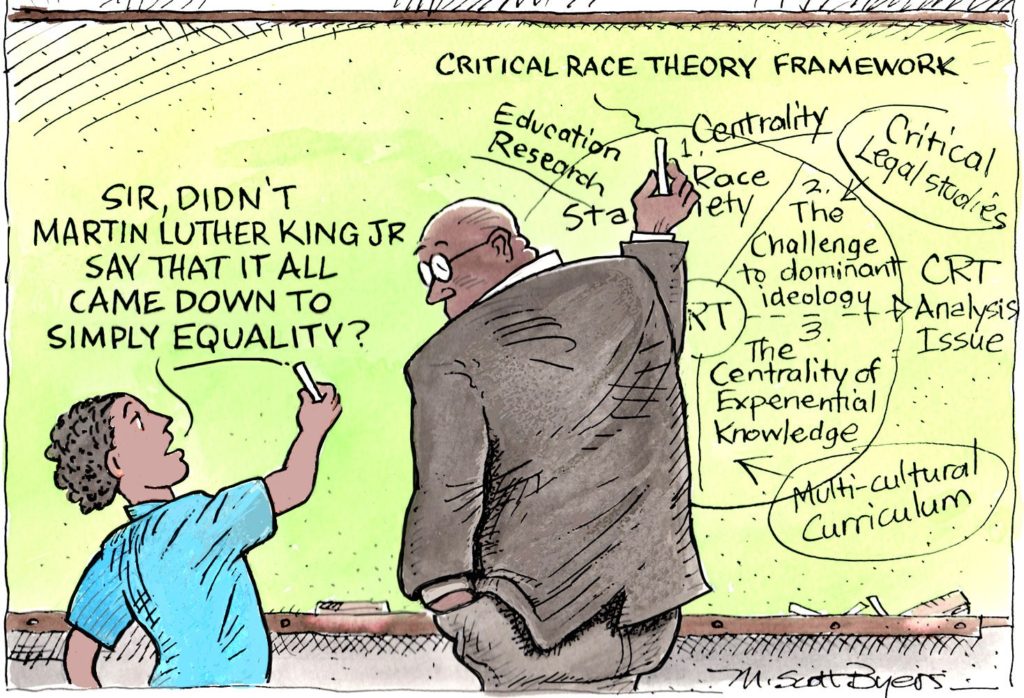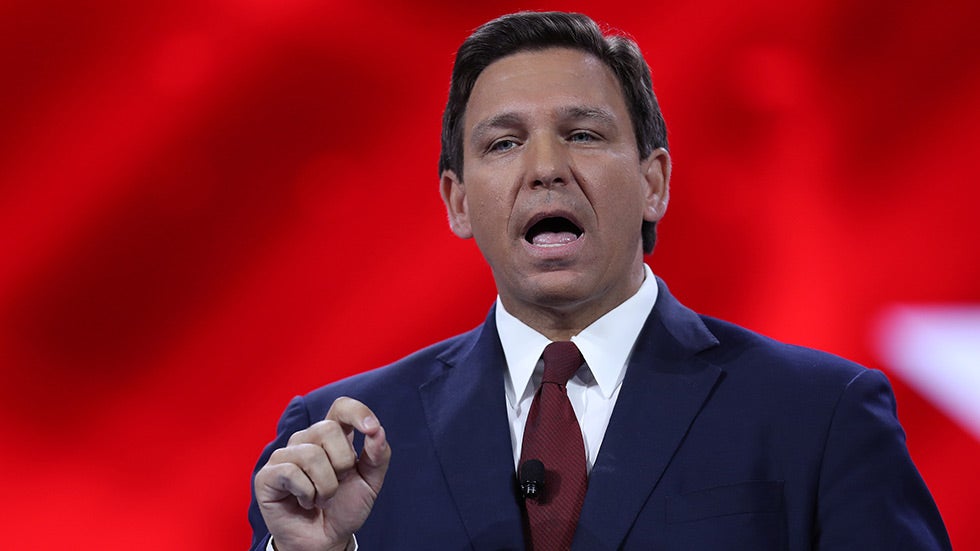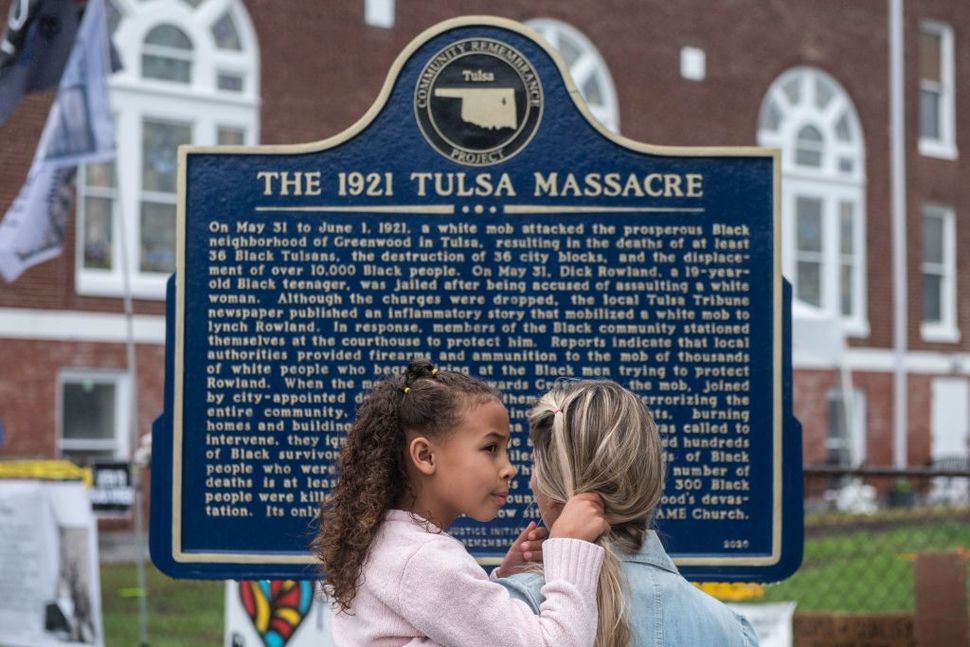Critical Race Theory (CRT) is a hot-button issue in both the USA and U.K. classrooms. Many educational institutions across both countries are starting to ban schools from teaching critical race theory altogether. A total of 23 states in the U.S. have either restricted or proposed legislation restricting the subject being taught. The U.K. Parliament spoke out against teaching CRT in schools and even went as far as stating any teachers who teach this subject are in breach of the law. While there is extreme pushback against teaching CRT in schools, much of it is grounded in a misunderstanding of what critical race theory is.
What is Critical Race Theory?

Critics often believe that it targets white people in a very negative way. However, that is not the case at all. Simply put, CRT is the loosely organized framework of legal analysis based on the premise race is a social construct used to oppress and exploit people of colour. Critical race theorists hold the belief that the legal institutions and laws in western countries are ultimately racist. CRT states social institutions (I.e., the criminal justice system, education system, labour market, housing market, and healthcare system) are embedded with racism in their laws, regulation, rules, and procedures. These laws maintain the social, economic, and political inequalities between white people and people of colour, especially Black Americans, as they uphold white privilege and thus must be dismantled and revised to promote equality.
Why All The Opposition?

States such as Idaho, Oklahoma, Tennessee, Texas, Iowa, and New Hampshire have passed legislation that bans teaching CRT. The majority of the legislations restrict the discussion, training, and orientation that the U.S. is racist and any discussions about conscious and unconscious bias, privilege, oppression, and discrimination. The ban can extend to other areas such as gender and sexuality as well. Florida Governor Ron DeSantis has spoken out against critical race theory stating CRT teaches children that the country is rotten and the nation’s institutions are illegitimate. He further believes that this theory is toxic and would have a negative influence on children. Other advocates for the CRT bans state critical race theory can become divisive and can be demoralizing for white children.
The Real Issue With the Ban is Racism

States banning critical race theory because of its harsh rhetoric is not the issue. No, what they are afraid of is the truth. Critical race theory calls out institutions for what they are: racist—picking and choosing how the law can work for one group of people while oppressing another. The same intuitions that held people of colour down, especially Black Americans and Brits centuries ago, hold down people of colour today. It is not okay to halfway tell a country’s complete history. Racism is more than just slavery and the Civil Rights Movement.
If the government takes away CRT, it does a disservice to the education in these countries and aids the blatant racism already there. Talking about racism does not promote racism. It is essential, to be honest about the past of one’s country to progress and make a change for the future. Taking away CRT does not just affect the discussion of racism, but it will go further to ban debates on gender inequality, sex, and LGBTQ+ identity. A teacher should not be fined 5,000 plus dollars for teaching about racism, gender, and sexual inequality, especially when those issues played a pinnacle role in the history of the U.S. and U.K. Regardless of how one may feel about the ban, CRT forces teachers to have honest discussions on historical content that affected both countries equally and still affect the social construct today.


